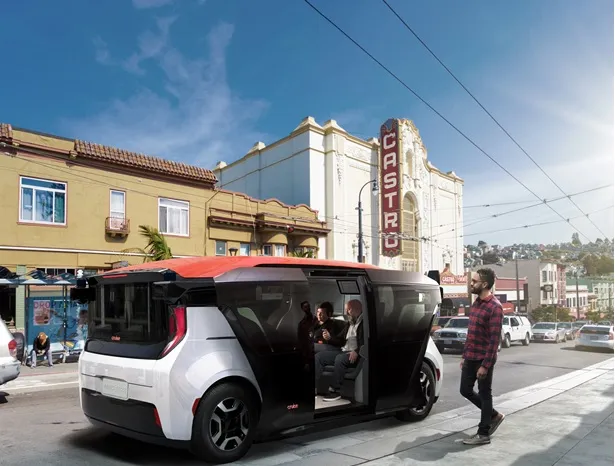The Government is partnering with
The study will look at how to prepare road infrastructure, regulations and the community for the integration of this new technology into our transport system.
This first phase of the program will examine how features like lane keep assist, adaptive cruise control and traffic sign recognition, respond to the road environment including tunnels, road works, congestion, electronic speed signs and line markings.
The vehicles involved in the trial comply with existing Australian Design Rules and road safety regulations and will have professional drivers who will be holding the steering wheel at all times when conducting trials in live traffic.
Phase one of the trial will be complete later this year. The complete trial program will take two years and consists of three phases.
Victoria trials automated vehicles
An automated vehicle trial is underway on the Monash-CityLink-Tullamarine corridor to help Victoria, Australia, prepare for the future of driverless vehicles. The Government is partnering with VicRoads, RACV and Transurban, to trial connected and automated vehicles from manufacturers BMW, Mercedes, Tesla and Volvo. The study will look at how to prepare road infrastructure, regulations and the community for the integration of this new technology into our transport system.
August 11, 2017
Read time: 2 mins
An automated vehicle trial is underway on the Monash-CityLink-Tullamarine corridor to help Victoria, Australia, prepare for the future of driverless vehicles.









